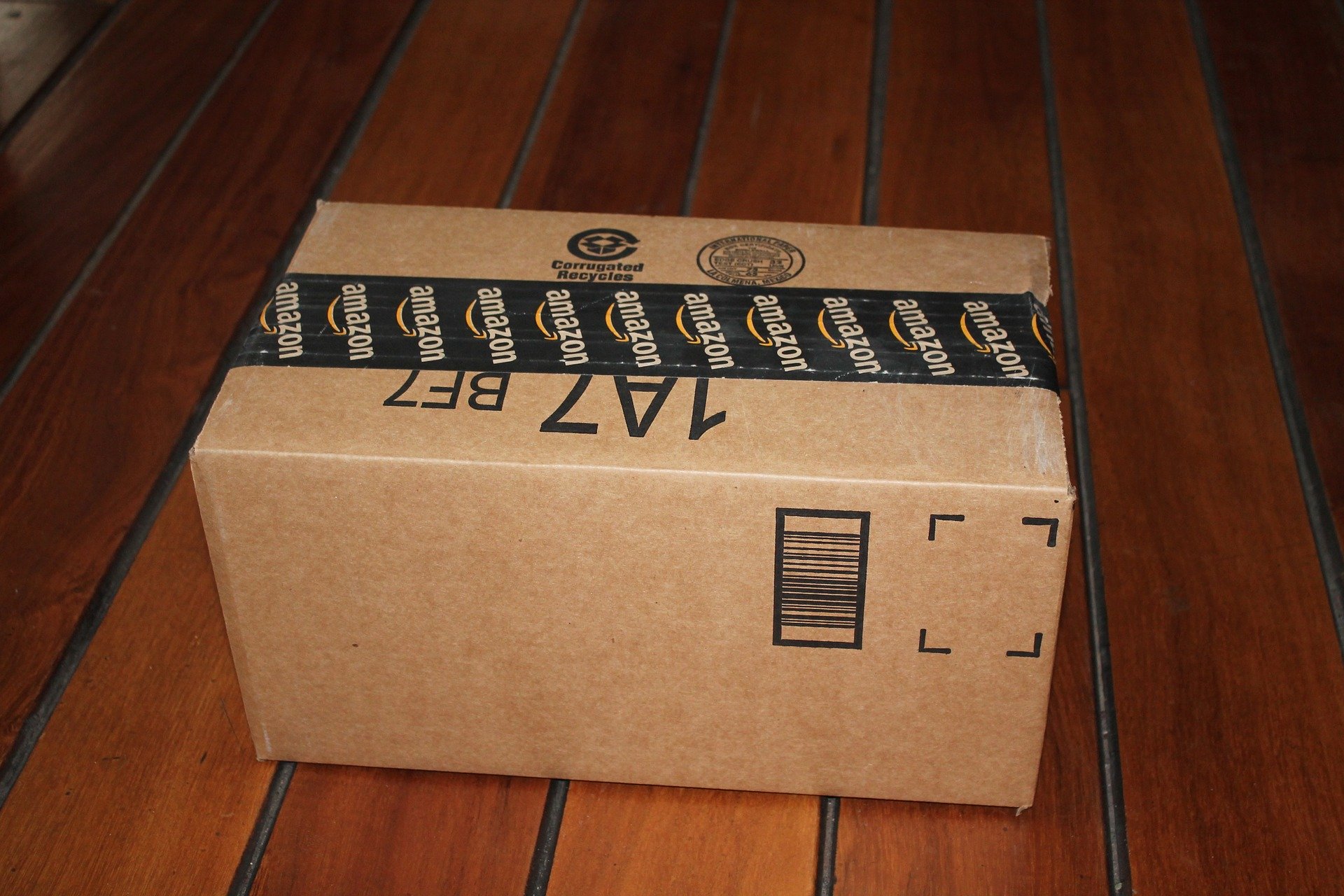Amazon bans foreign seeds seeking in the United States. Many people received packages of doubtful seeds around the US. Moreover, these seeds are allegedly from China.
According to Amazon’s new decided policy on September 3, there will be a prohibition for overseas vendors importing seeds or plants into America. Nonresidents of the country don’t have an allowance to bring any seeds from outside into the United States of America.
The company is allowing only US-based sellers DM for selling seeds. The vendor not abiding by the rules and regulations stated by the Amazon will have to close their Amazon account.
Wall Street Journal published first about the new policy of Amazon regarding the ban on “seeds.”
Amazon bans foreign seeds
All the 50 States of the US have many people receiving these ambiguous seeds in their mails. The United States Department of Agriculture (USDA) has warned people not to plant those seeds. They think those unknown seeds have possibilities of being encroaching species.
The authorities have identified many of those seeds but the result ought to be non-harmful. Those are such as sage, cabbage, risks rosemary, mustard, mint, morning glory, and lavenders.
Animal and Plant Health Inspection Service (APHIS) stated in August that the USDA already knows about those unknown seeds. Those are coming to Americans from China.
USDA asks Americans receiving unsolicited seeds to lodge an online report
People receiving the unknown seeds can connect with Animal and Plant Health Inspection Service. Then APHIS can decide how they will be going to treat those seeds. The USDA also requests people to lodge an online report of they receive any unrequested packages which consist of unknown seeds. People can also send those seeds via mail to any local or state authorities.
The USDA said that these seeds sending could be a fraud scam to increase sales. The vendor could put up false reviews from customers after sending the unsought packages.
According to USDA’s statement in June, these brushing frauds are not rare. Customs and Border Protection (CBP) of the US previously found these kinds of seed packages shipping into the country in the last few years.

